3a/352 South Street O’Connor WA 6163 | (08) 93376460
Our ACL Physiotherapy & Rehabilitation Services
At Next Wave Therapy, our ACL rehabilitation programs are designed to support both post-operative and non-surgical recovery with a comprehensive, evidence-informed approach. We guide you through five structured stages that reflect best-practice clinical pathways to ensure a safe, progressive return to full activity.
Whether you’re preparing for ACL surgery, recovering post-op, or managing a non-surgical injury, we offer a structured path to help you recover strength, restore control, and return to the activities you love with confidence.
Our O’Connor-based team works with recreational athletes, weekend warriors, school sports players, and adults wanting to return to an active lifestyle — no matter your starting point.
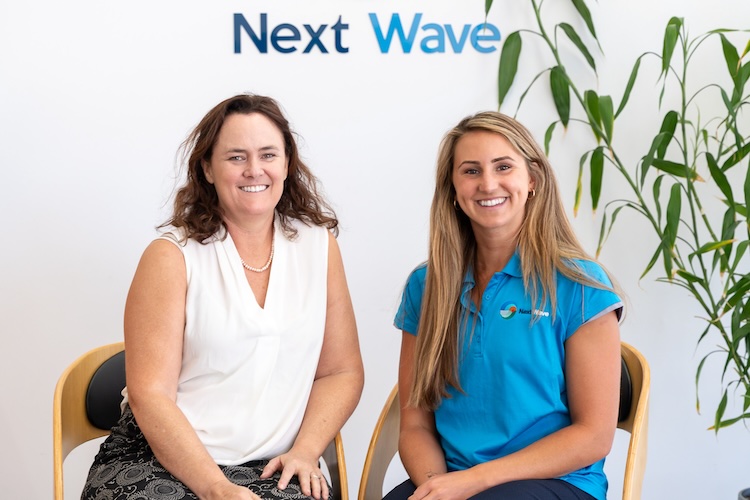
The anterior cruciate ligament (ACL) plays a vital role in stabilising the knee. Injuries typically occur during sports that involve pivoting, twisting, or rapid deceleration. Whether your injury is managed with or without surgery, ACL rehab is essential to ensure long-term recovery, prevent instability, and reduce the chance of future injuries.
Research consistently shows that without structured physiotherapy, ACL injuries carry a higher risk of re-injury, early arthritis, and loss of performance.
That’s why our team — led by Jonathan, a Specialist Musculoskeletal Physiotherapist (APA-recognised, PhD-equivalent) — provides advanced, evidence-based treatment that goes beyond standard physio.
If you’re planning ACL reconstruction surgery, we begin with:
Pre-surgery rehab has been shown to improve surgical outcomes and shorten overall recovery time.
If you’re opting for conservative treatment, we focus on:
We also integrate holistic support, such as tailored exercise therapy and education, to ensure you can confidently manage your knee day-to-day.
In the early weeks after surgery, we support you with:
Close monitoring ensures you avoid complications like joint stiffness or muscle wasting.
As healing progresses, we introduce:
This is where many people start to feel “normal” again — but careful guidance is key to avoid setbacks.
This phase focuses on restoring power, agility, and dynamic control:
For athletes, we also introduce sport-specific screening tests to simulate competition scenarios safely.
Before clearance for return to full activity, we focus on:
We continue to support you beyond rehab, offering tailored performance programs to keep you strong and resilient.
Research shows that returning to sport too early — especially before nine months — increases the risk of ACL re-injury. Our method ensures:
Your recovery is tracked using objective data, regular progress testing, and collaborative planning with your surgeon or GP, ensuring you progress safely and effectively.
Unlike many clinics, we integrate mental readiness into our clearance process, acknowledging that fear of re-injury is just as important as physical strength.
We’ve helped hundreds of Perth locals recover from ACL injuries, including:
As one client shared:
“I often smile as I drive past the Physio Clinic 2 mins from my house to go 30 mins to Next Wave. Why? Because they are consummate professionals in a warm and engaging setting.”
– Bob P
You don’t need to be a pro athlete to receive world-class care. Whatever your lifestyle, we’re here to help you move forward.
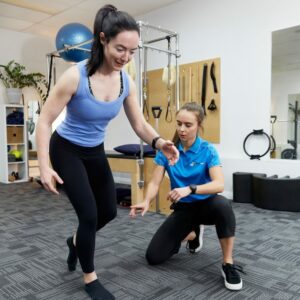
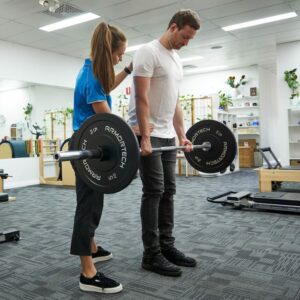
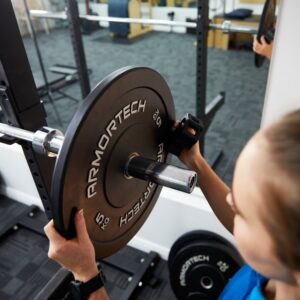
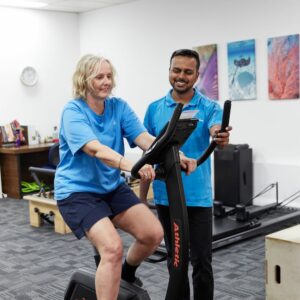
ACL rehabilitation typically takes 9 to 12 months, depending on the severity of the injury and individual progress.
Yes. Many clients manage ACL injuries with physiotherapy alone, depending on the extent of the damage and their activity goals.
Most people can return to running after 12 to 16 weeks, once specific strength and control milestones have been met.
Yes — when you pass a range of validated physical and psychological readiness tests. We ensure you’re truly ready before return-to-sport clearance.
Yes, if you have extras cover for physiotherapy. Rebates depend on your level of cover.
Yes. We offer telehealth consultations and access to guided online exercise programs for those unable to attend in O’Connor.
Ready to move better, feel stronger, and enjoy everything we have to offer? Book your appointment with Next Wave Therapy today.
Call us on 08 9337 6460